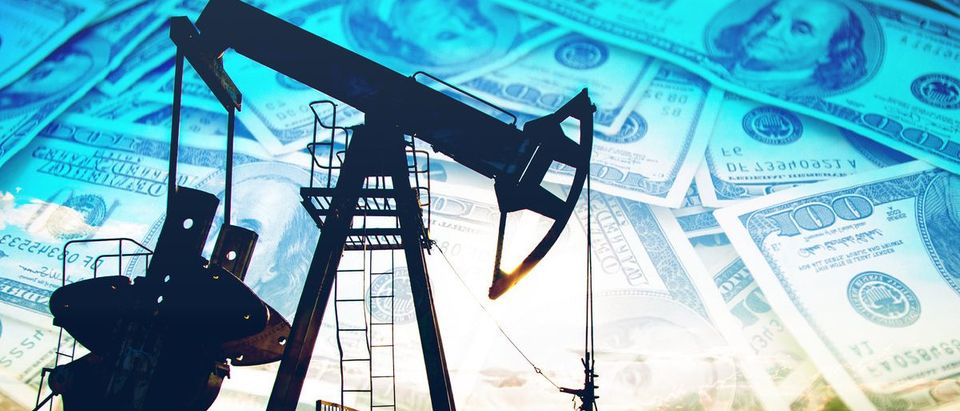A ban on hydraulic fracturing would kill 14.8 million jobs and cost the average American family $4,000 dollars, according to a new report by the U.S. Chamber of Commerce.
Were environmentalists to successfully ban fracking next year, 3.9 million jobs would evaporate in 2017, rising to 14.8 million jobs lost by 2022, according to the report. Gasoline prices would almost double as would electricity prices. U.S. household incomes would fall by $873 billion.
“It’s easy for politicians and activists to call for an end to hydraulic fracturing—but now we know what the consequences could be,” Karen Harbert, president and CEO of the Chamber of Commerce’s energy program, said in a press statement.
“Without fracking, the U.S. would surrender our status as a global energy superpower,” Harbert said.
Manufacturing and energy would be the industries most harmed by a fracking ban according to the report, which was conducted by economists from the Energy Institute. The states most impacted by such a ban would be Colorado, Ohio, Pennsylvania, and Texas, all of which would suffer hundreds of thousands of lost jobs.
Additionally, American foreign policy would also suffer as fracking triggers a boom which allowed the U.S. to pass Russia as the world’s largest producer of both oil and natural gas.
Federal numbers back the report’s claims. Cheap oil and natural gas provided by fracking lower the annual cost of living for the average American by almost $750, according to a report published in May by the federal Energy Information Administration (EIA). Fracking-produced cheap natural gas caused energy prices to drop by 41 percent over the course of 2015, according another EIA report published in January.
These kinds of cost savings are great for the economy. When the price of energy decreases, the cost of goods and services produced using that energy declines as well. Cheap oil and natural gas means that any product transported to market and every service produced with electricity gets cheaper. Thus, low energy prices effectively reduce the price of almost everything.
This is especially great news for the poor, who tend to spend a higher proportion of their incomes on energy.
“It may not have a huge effect on the top 10 percent of households, but if you’re earning $30,000 or $40,000 a year and drive to work, this is a big deal,” Guy Berger, a Royal Bank of Scotland economist, told The New York Times. “Conceptually, this is the opposite of the stock market boom, which was concentrated at the top.”
Fracking also provides America with vast oil and natural gas reserves. The Barnett Shale also includes an estimated 172 million barrels of shale oil and 176 million barrels of natural gas liquids, twice as much natural gas and oil as expected, according to a December study by the U.S. Geological Survey. To put those reserves in some context, Saudi Arabia’s total proven oil reserves are estimated to be 268 billion barrels, according to the Central Intelligence Agency.
Send tips to andrew@
All content created by the Daily Caller News Foundation, an independent and nonpartisan newswire service, is available without charge to any legitimate news publisher that can provide a large audience. All republished articles must include our logo, our reporter’s byline and their DCNF affiliation. For any questions about our guidelines or partnering with us, please contact licensing@dailycallernewsfoundation.org.


